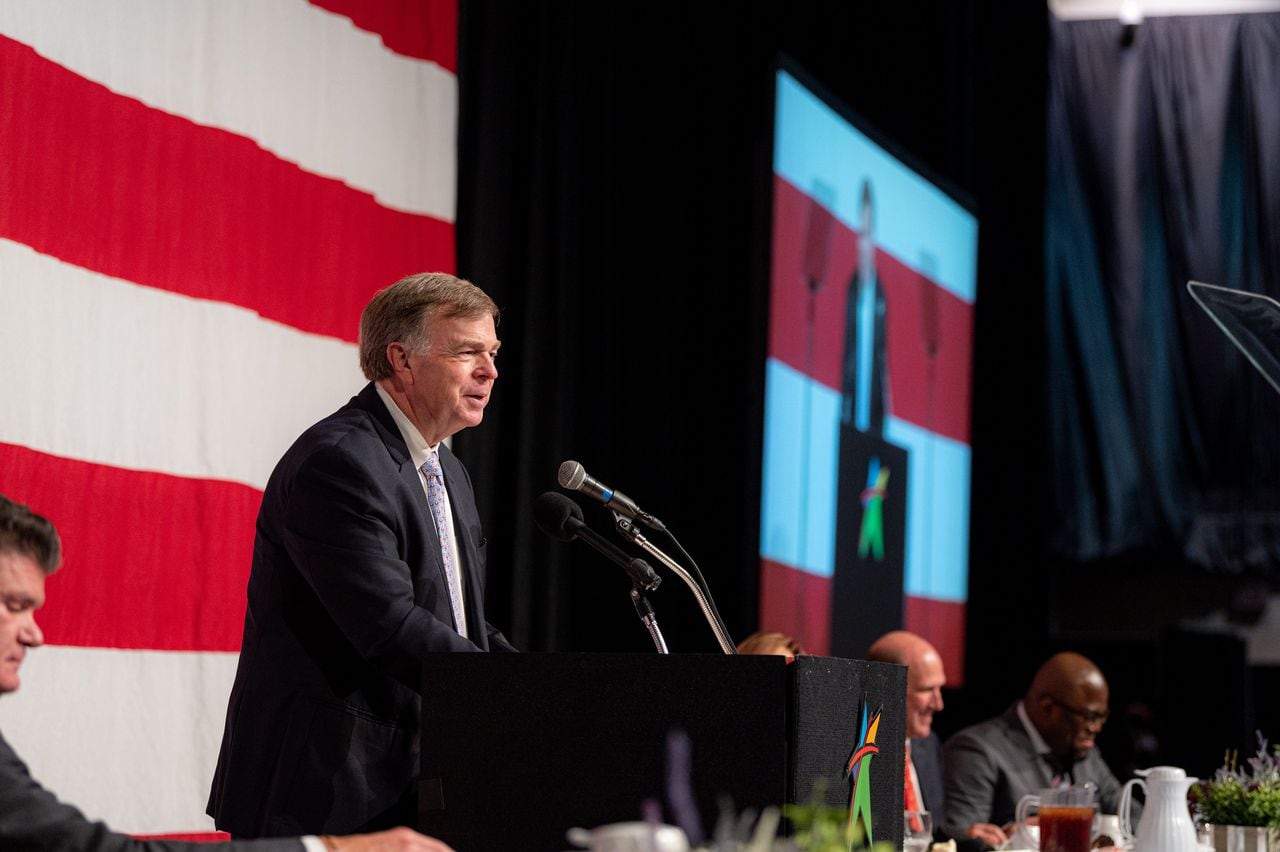Johnson: Huntsville Mayor: DEI ‘ensures…many cultures are welcomed and represented’
This is an opinion column.
It wasn’t always called DEI. In the early 1990s, I served on the Diversity Council at Time Inc., a division of Time Warner. Neither exists anymore. That’s for another day.
Among our goals: Hiring practices, pay equity, creating opportunities for Black employees to share and support each other, and feel heard by management.
All were things necessary to remain best in field. Nothing divisive.
Fifteen years ago, Huntsville Mayor Tommy Battle established an Office of Multicultural Affairs, offering a point of contact at City Hall for varied cultures that were becoming increasingly prevalent as the city began attracting myriad new businesses and residents.
Necessary, not divisive.
In 2021, it was rebranded to the Office of Diversity, Equity, and Inclusion by unanimous vote of the city council, which also established positions of director and assistant director for the office.
They call it ODEI—when pronounced as a word, it sounds like the name of a cuddly pet.
Now, Alabama Republicans want you to believe DEI is a rabid beast hell-bent on tearing us apart. Even when they can’t exactly define divisive.
Huntsville’s ODEI office may be safe from the fearful, ill-informed, torch-wielding lawmakers seeking to steal, kill, and destroy that dreaded three-lettered monster in our state.
SB129, which passed the state Senate along party lines last week and now sits with the House, would prohibit government institutions, including state agencies, public schools and colleges, from utilizing state funds to support a diversity, equity and inclusion office and from sponsoring DEI programs or any program that “advocates for a divisive concept.”
ODEI is supported by city funds, so it may not (or may) be impacted by the odorous legislation.
No matter. Republicans want to taint the very acronym, want the stench of it to make you believe the words behind the letters mean the distinct opposite of dictionary definitions:
Diversity: variety, including or involving people from a wide range of different social and ethnic backgrounds and of different genders, sexual orientations, etc.
Equity: the quality of being fair and impartial.
Inclusion: the practice of policy of providing equal access to opportunities and resources for people who might otherwise be excluded or marginalized.
Nothing divisive, yet Republicans want to stain the gains created by DEI in the workplace and higher education. To whiteout years of efforts to ensure our public colleges and universities are welcoming and safe for all students. That they educate students for a workplace that grows more culturally colorful each day.
Not all of them. Battle, a Republican now overseeing the state’s most populous city, diverges from fellow party members on DEI and is very clear about what it’s meant to Huntsville’s seismic growth.
In response to my inquiry regarding SB129, he wrote a statement:
“The City of Huntsville Office of Diversity Equity & Inclusion has worked hard to make Huntsville a better and more inclusive place,” it began.
Better, more inclusive. Not divisive.
He noted some of its programs, the likes of which Republicans want to choke from existence.
“DEI sponsors activities such as an award-winning series of weekend jazz concerts in September,” Battle wrote, “a summer internship program, along with a Community Awareness for Youth (CAFY) program to ensure young people from disadvantaged neighborhoods are mentored, recognized, and have the tools they need to succeed in school.”
Jazz concerts, internships, and mentoring.
Battle also included under ODEI sponsorship of the city’s Citizens Engagement Academy, an eight-week program that offers residents a view from behind the curtain of city government. Birmingham has a similar program.
“It assists with employee training seminars and educational courses for police and fire academies,” Battle said. “They are part of the bigger picture in Huntsville that ensures opportunity that is inclusive and easily accessed.”
Battle said ODEI “also works to ensure the City’s many cultures are welcomed and represented in our community.”
That’s not always been easy. Not unlike other Southern cities, race has long been a complicated dish in Huntsville.
Blacks now comprise more than 30% of Huntsville’s population, according to the 2020 census, up substantially from 2010. Moreover, residents of Hispanic origin represent 6.4%, and there is a growing, strongly knit Asian/Indian 2.1% community.
SB129 does not appear to be intentionally aimed at municipalities, though its lack of clarity on the definition of “public entity” could leave cities vulnerable if state agencies now supporting programs aligned with a municipality’s DEI team, or, say, its school board, are suddenly—with the stroke of a gubernatorial pen—prevented from doing so.
“Huntsville remains an inclusive and equal opportunity community,” Battle concluded.
If SB129 becomes law, how long will it and other Alabama communities that embrace diversity, equitably, and inclusivity be able to remain fully so?
If they can’t, who exactly is being divisive?
I’m a member of the National Association of Black Journalists Hall of Fame and a Pulitzer Prize finalist for commentary. My column appears on AL.com, as well as the Lede. Tell me what you think at [email protected], and follow me at twitter.com/roysj, or on Instagram @roysj
